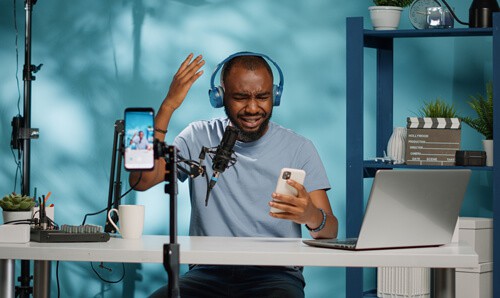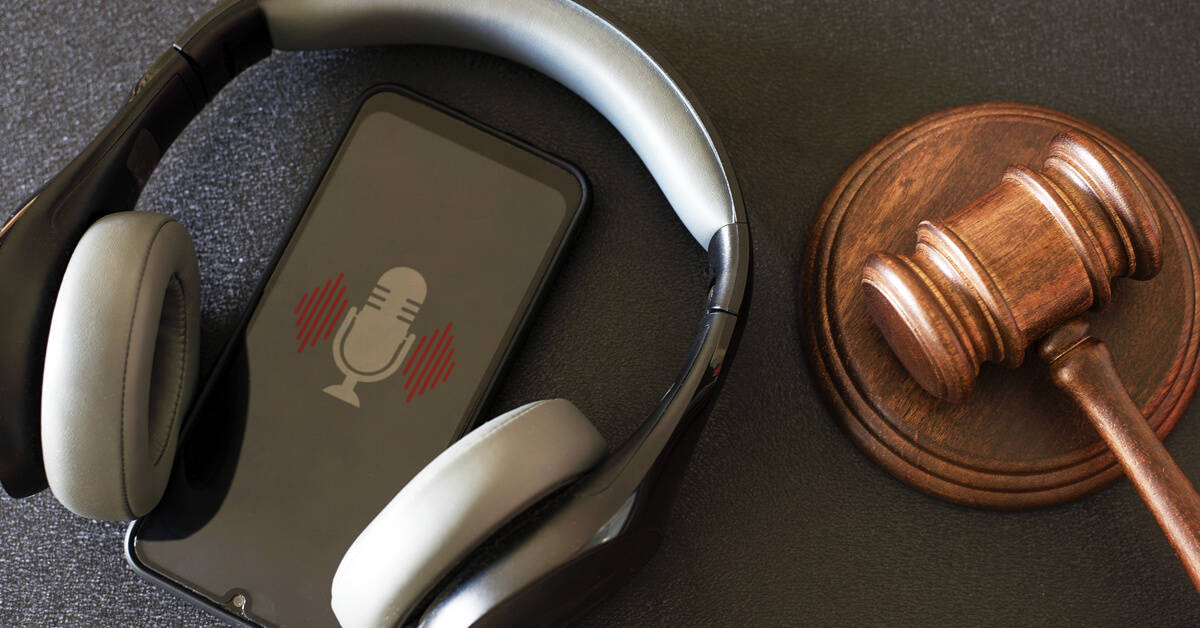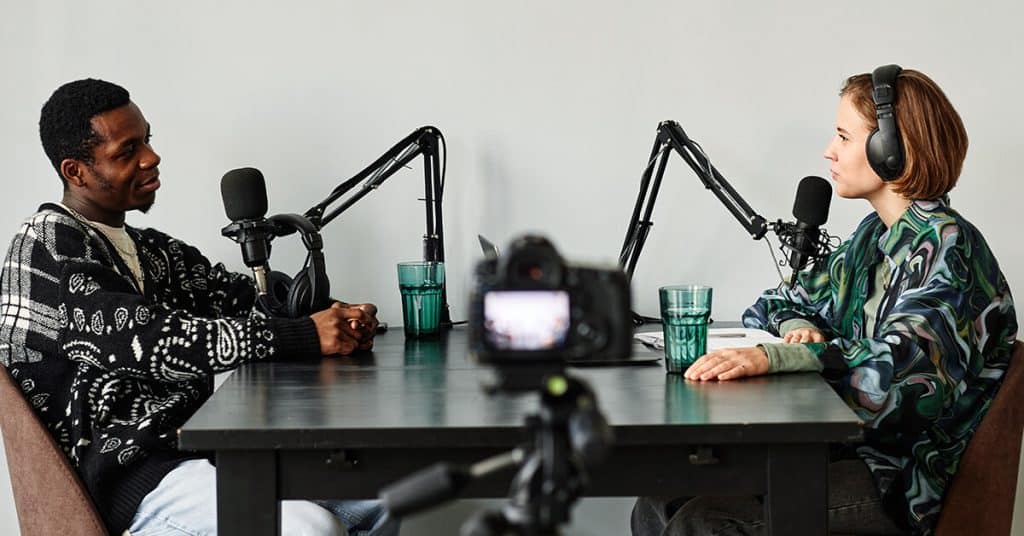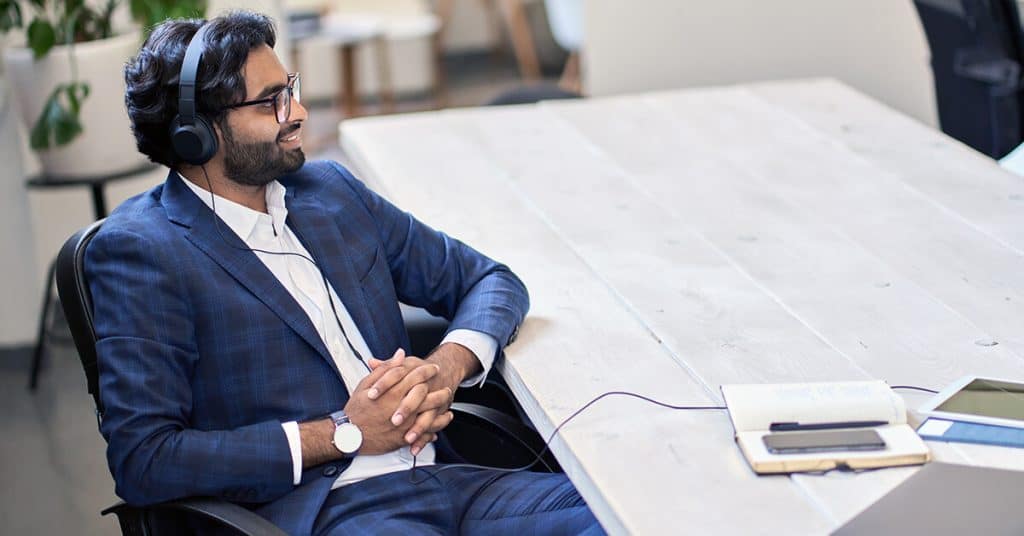Intellectual property, copyright, and fair use are critical aspects to consider when creating a business podcast. Ensuring that your podcast adheres to the law not only protects your content but also prevents potential legal issues down the line.
As a full-service marketing & advertising agency, Catapult Creative Media offers exceptional podcasting services, including recording, editing, promotion, and much more. Our staff is uniquely positioned to help your business grow with a podcast while ensuring you’re protected with the help of our intellectual property attorney on staff. Contact us today to find out what Catapult can do for your company.
Copyright Basics for Podcasts

When you create original content for your podcast, it is automatically copyrighted just by being a tangible recording of your ideas. This means that the moment you record and publish your podcast, you have exclusive rights to it. Registering your podcast with the copyright office in your country provides an additional layer of protection, ensuring that your content isn’t lifted wholesale and misused.
It’s essential to be aware of the various elements of creating a podcast that may require licensing or permission to avoid potential copyright infringement issues. These can include background music, images or slides displayed during your podcast, and any other copyrighted material you might incorporate into your content.
[Related: Ultimate Guide to Starting a Business Podcast]
Using Copyrighted Material in Podcasts
When using someone else’s content within your podcast, it’s crucial to understand the limitations and requirements. For example, if you want to use background music from a well-known artist, you’ll need to obtain the appropriate licensing rights from the artist or their representatives.
Similarly, ensure you have the necessary permissions or licenses when using imagery or other media in your podcast. While you may think that using a small piece of copyrighted material won’t be an issue, especially if your podcast has limited viewership, it’s always better to err on the side of caution and obtain permission upfront.
Fair Use Guidelines and Editorializing in Podcasts
In some cases, you may be able to use copyrighted material under the fair use guidelines, which allow for limited use of copyrighted material for purposes such as commentary, criticism, and news reporting. However, fair use is a complex area of law, and it’s essential to consult with a legal professional to ensure that your podcast’s use of copyrighted material falls within these guidelines.
Because of the complexities involved with fair use, you should consult an experienced IP attorney like David Maples. As a trusted IP expert, David can help you navigate the legal process and ensure your podcast isn’t met with unwelcomed take-down notices or fines.
[Related: Why Your Business Needs a Podcast]
Why It Matters and the Risks Involved

Failing to adhere to intellectual property and copyright laws can result in several consequences, including take-down notices or even lawsuits. In some cases, statutory damages can reach up to $150,000 per infringement. For a podcast, that could mean $150,000 per view or stream.
Furthermore, a legal battle could tarnish your podcast’s reputation and negatively impact your business. It’s extremely important to consult a professional if you’re questioning your podcast’s use of copywritten material.
The Importance of Professional Assistance – Contact Catapult for Help
Understanding intellectual property, copyright, and fair use is essential for any business podcast creator. By taking these legal aspects seriously, you can ensure that your podcast adheres to the law and avoids potential legal issues.
By choosing to work with Catapult, you’re investing in the success of your podcast and ensuring that it respects the rights of others. With their support, you can focus on delivering valuable content to your audience while maintaining legal compliance. So, why not reach out to Catapult Creative Media and let them help you navigate the intricacies of intellectual property and create a successful, legally sound podcast?



